Prime Minister Mark Carney’s abrupt rollback of retaliatory US tariffs has stripped Ottawa of a projected $20 billion revenue stream—and observers are wondering if this is the reason why there’s no budget this spring.
Canada imposed 25% duties on roughly $60 billion of American-made goods in March, then matched US auto levies in April.
Yet within weeks, Carney’s government granted six-month exemptions for inputs used in manufacturing, food and beverage packaging, health care, public safety and national security, effectively driving its tariff rate “to nearly zero,” according to Tony Stillo, director of Canada economics at Oxford Economics.
The Liberal fiscal plan released in April explicitly counted on “Canada’s tariff response” to deliver $20,000 million in 2025–26, with no such revenues penciled in for 2026–27.
Hey wait..@MarkJCarney, you were counting $20b in tariff revenue in your platform for 2025-2026. Is that gone? Is that why there’s no budget? https://t.co/Mi6YCI9ftR https://t.co/anUyURSJZs pic.twitter.com/UXtNFwSZr8
— MBrant75 (@MBrant75) May 15, 2025
Conservative Leader Pierre Poilievre was quick to pounce. After campaigning on the premise that Carney’s economic gravitas would shield Canada from US tariffs, Poilievre warned on social media that “hiding from a budget isn’t governance.”
LMAOOOOOOOOOOOOOOO
— Anthony Koch (@Anthony__Koch) May 15, 2025
ELBOWS UP BABY!!!!!
I hate this country’s politics so much.
Boomers: “Pierre Poilievre would just cave to Trump which is why we need to vote Carney”
*Carney immediately caves to Trump*
I’m sure they’ll still end up defending the decision too. https://t.co/lTGMGnQOkj
Instead of a spring budget, Finance Minister François-Philippe Champagne has deferred detailed fiscal updates until a fall economic statement, citing trade-war volatility and global uncertainty.
“We’re taking a step-by-step approach,” he told reporters, emphasizing the priority of enacting a middle-class tax cut before Parliament adjourns in June. Opposition critics argue the delay undercuts Ottawa’s accountability and raises questions about the government’s revenue assumptions.
Information for this briefing was found via National Post and the sources mentioned. The author has no securities or affiliations related to this organization. Not a recommendation to buy or sell. Always do additional research and consult a professional before purchasing a security. The author holds no licenses.

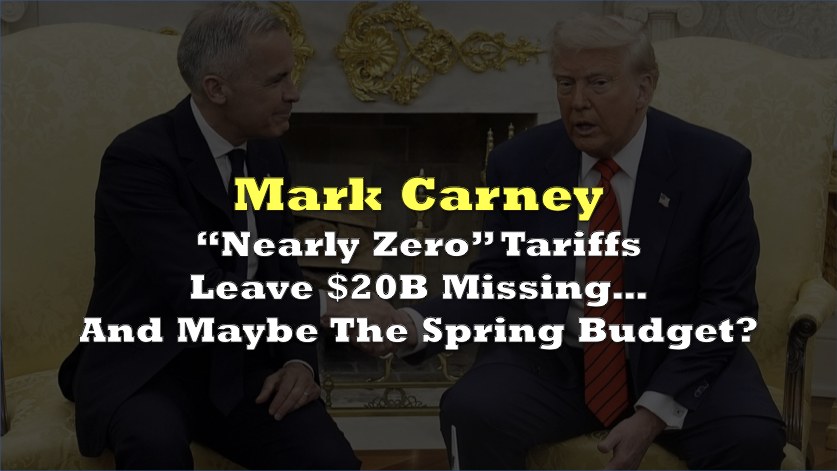



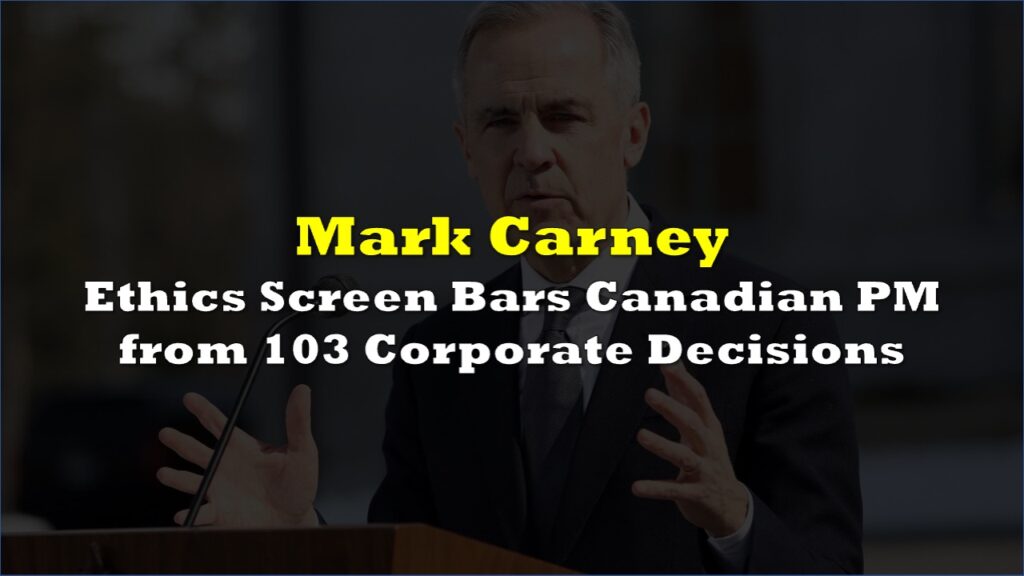
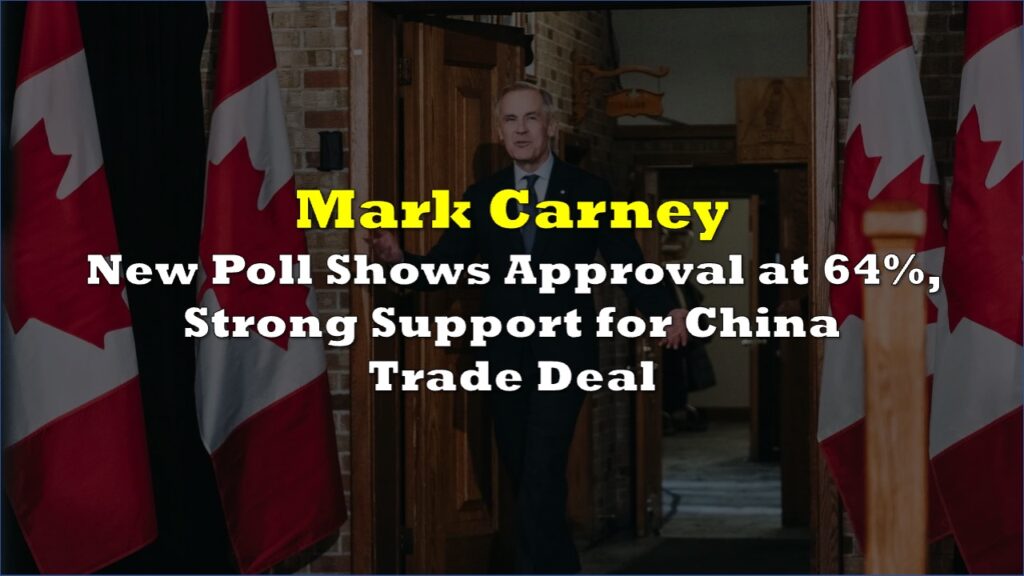
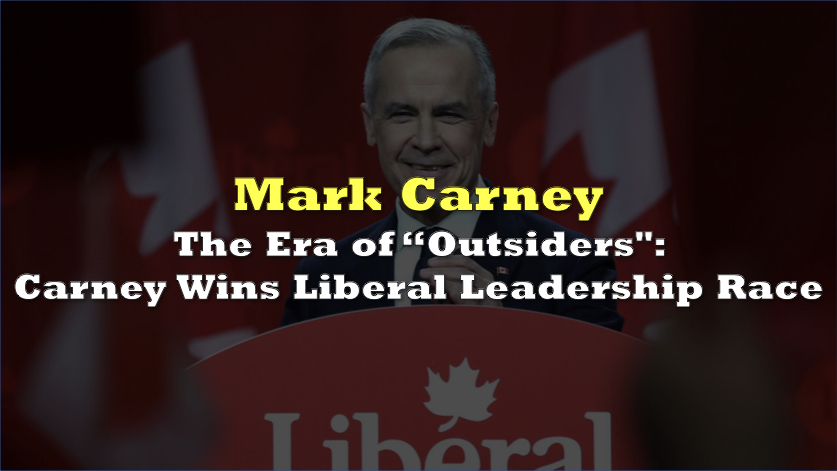
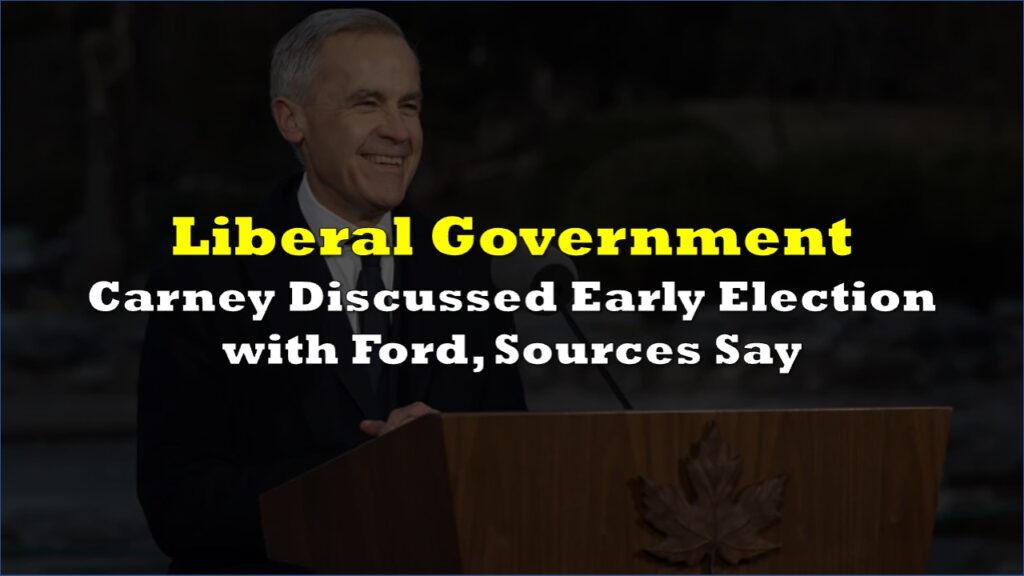
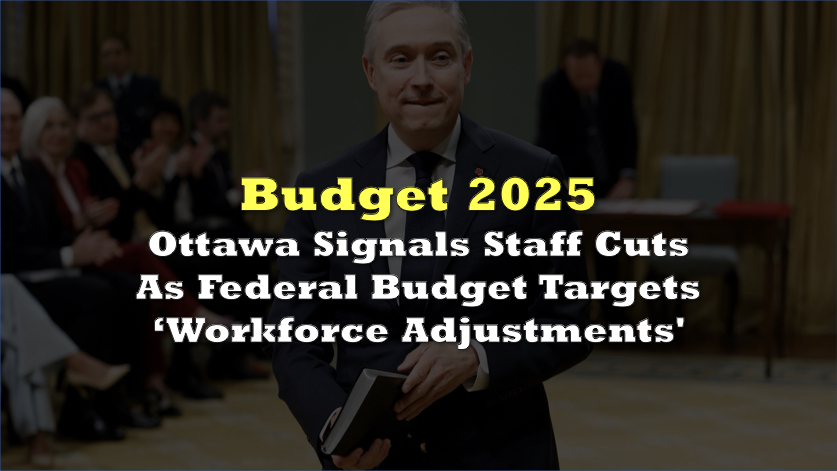
One Response
Although I fear the fiscal implications, I think not playing Trump’s childish tit-for-tat game is a good strategy. Canada should wait until the dust settles and if US tariffs continue, put export duties where it hurts the rival the most; oil, natural gas, electricity, potash, etc. The provinces losing revenues (Alberta, Manitoba, Quebec, BC) need to be made whole. Then enter renewed trade negotiations with the US. If the tariffs on autos continues, Canada ought form a ppp auto company using empty manufacturing facilities and unemployed workers, to manufacture vehicles the country buys the most; pickups and small SUVs, focusing on the most efficient green solution, gasoline hybrids. The company would eventually be totally privatized. This is smart elbows up!